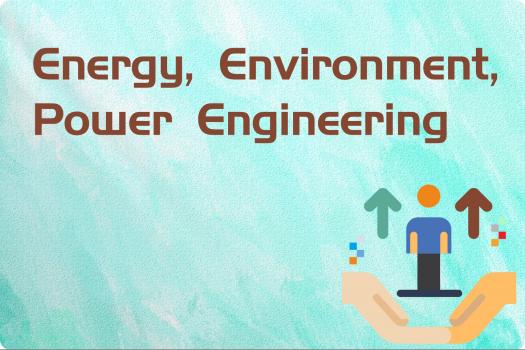Carbon neutrality in future energy infrastructure requires the removal of carbon emission and increasing energy utilization efficiency, both of which are closely linked to thermal science and technology application in virtually all fields. From space exploration propulsion to on-road battery thermal management, from winter heating to summer cooling requirement, from carbon capture and storage to municipal sludge destruction, a variety of technologies depend on control of the energy flux, heat flow, and fluid transport to successfully meet their design objectives and attain commercial success. In this course, series of lectures are selected, covering fluid mechanics with introduction on turbulent boundary layer flow, thermo-fluid dynamics and two-phase flow, heat transfer with discussion on active nucleation boiling. In addition, the applications of thermal science are introduced, taken carbon capture utilization and battery thermal management as specific examples. Furthermore, combustion and thermo-chemistry are also included with detonation engines for propulsion and municipal sludge treatment as the representative applications. The course will also cover interdisciplinary topic such as energy material science.
